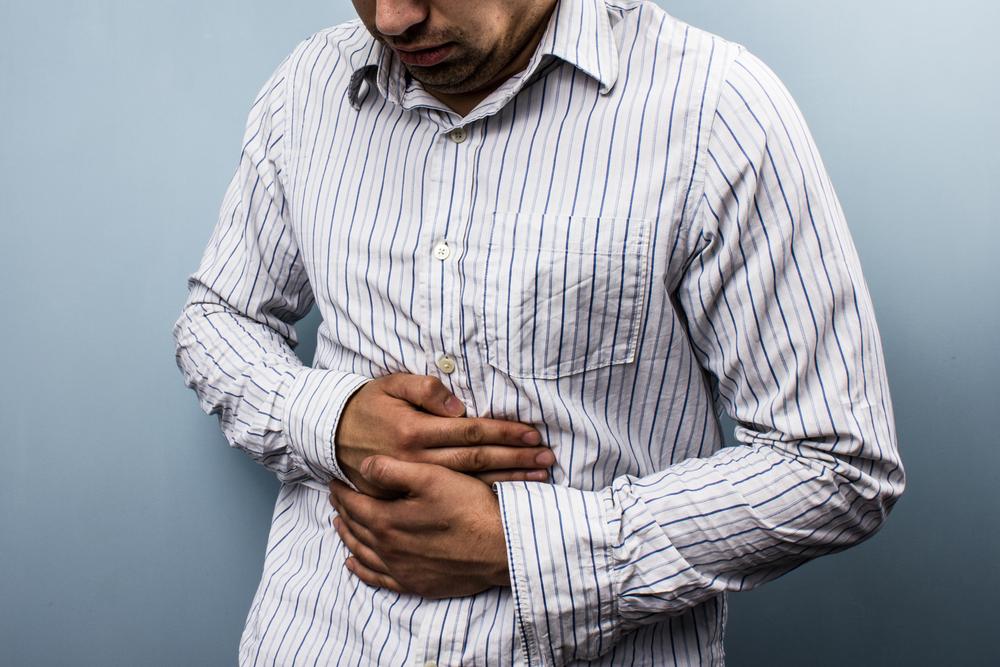Your colon’s main job is to absorb water from leftover food as it passes through the digestive system forming solid waste. The colon’s muscles propel the waste out through the rectum to be eliminated. But if the stool stays in the colon for too long, it can become too hard to pass quickly. Frequently caused by a poor diet, constipation can usually be avoided by having enough dietary fiber and plenty of water.
Yet each person’s definition of a bowel movement may be different, ranging from thrice daily to thrice weekly. Some of the common causes of constipation include:
- Eating a low-fiber diet
- Getting little to no exercise
- Delaying the impulse to have a bowel movement
- Travel or other changes in routine
- Dehydration
- Taking some kinds of treatments and certain medications
- Pregnancy
Risk Factors
Eating a poor diet and not exercising, though, are amongst the biggest culprits when it comes to things that increase your risk for constipation. Yet you might also be at higher risk if you are over 65 aren’t very active and have underlying diseases. People who have injuries that confine them to bedrest and pregnant women also struggle with constipation. Sometimes, just belonging to one gender can increase your risk exponentially. Women are more affected than men and children more than adults.
Treatments
Several people successfully self-treat with adding more exercise and changing their diets. But others who use laxatives should be warned not to use them for more than two weeks continuously as the body can become dependent on them. Your doctor will ask a list of questions to determine your medical history, underlying conditions, prescribe tests, and provide options for courses of treatment.
Changing your diet and increasing your physical activity level are the fastest and easiest ways to treat and prevent constipation. Besides, it will benefit you to do the following:
- Limit the consumption of alcohol and caffeinated drinks.
- Cut out low-fiber and processed foods
- Add fiber-rich foods to your diet to up your intake to between 20 and 35 grams a day.
- Get at least 30 minutes of exercise daily to increase your heart rate.
If you still have trouble with constipation, your doctor may prescribe medications to help.

